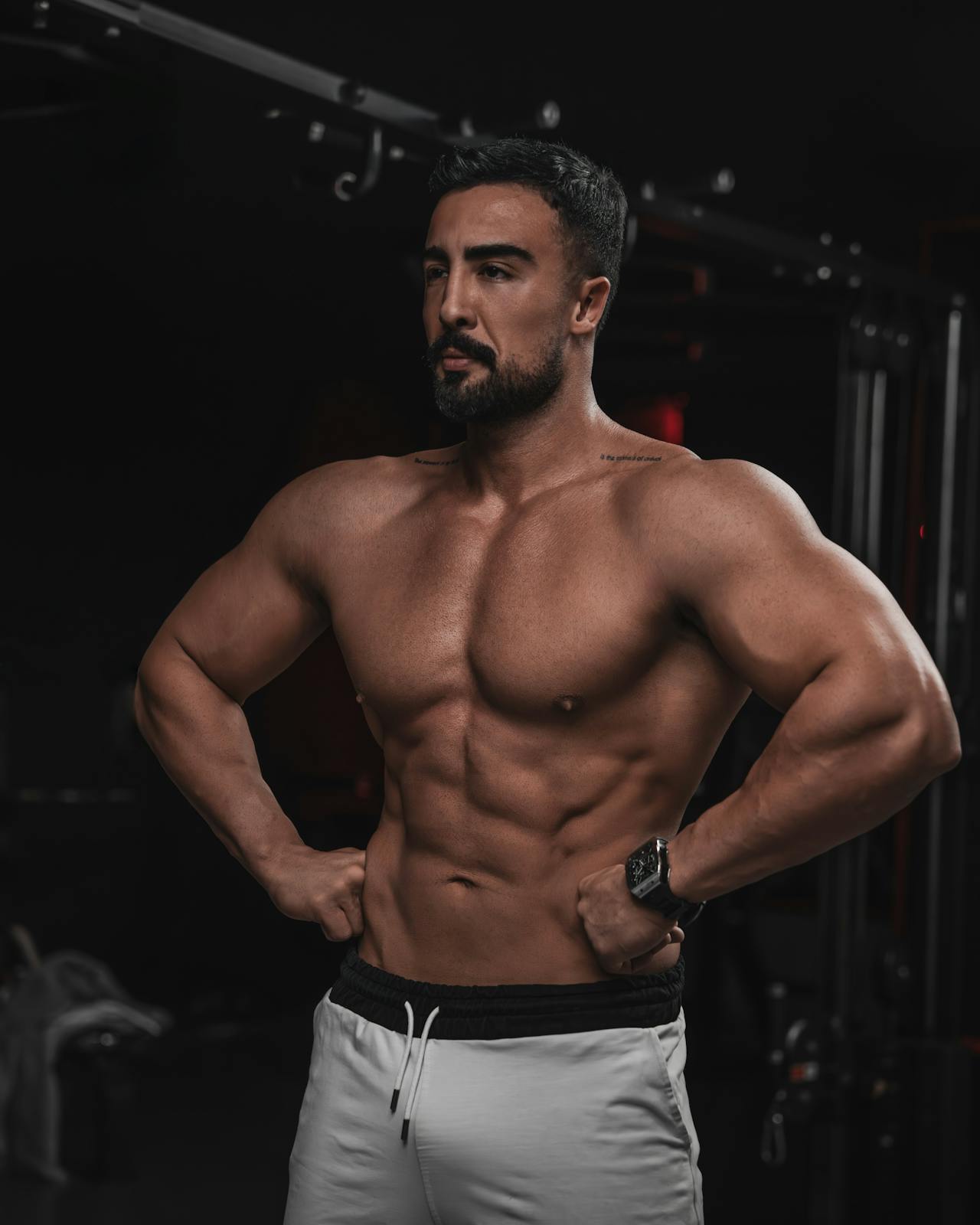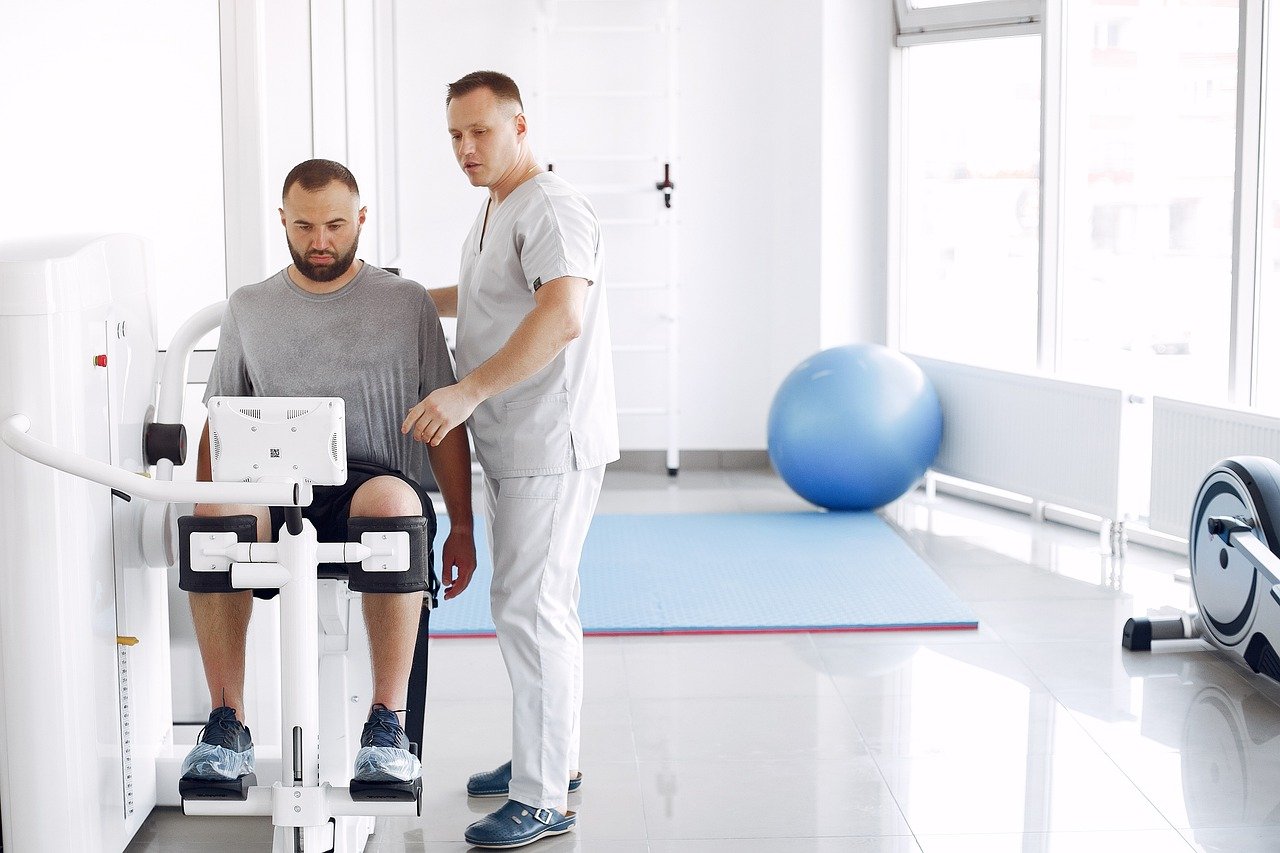Muscle is far more than just a cosmetic feature; it's a fundamental component of human health and well-being. While we often think of muscles in the context of biceps, triceps, or shoulders, muscle tissue permeates our entire body, playing a crucial role in everything from movement and posture to metabolic function and overall vitality. Muscles generate force and motion, enabling us to perform everyday activities, from walking and lifting to breathing and maintaining balance. For bodybuilders, muscle development takes on an additional dimension, focusing on sculpting and shaping the physique. However, the underlying principles of muscle growth—nutrition, rest, and training—are essential for everyone, regardless of their fitness goals. Understanding these principles is key to unlocking the full potential of your muscles.
The Importance of Muscle for Overall Health
Muscle tissue is essential for more than just physical strength. It plays a vital role in metabolic health, contributing to glucose regulation and insulin sensitivity. This means that having more muscle mass can help your body better manage blood sugar levels, reducing the risk of type 2 diabetes. Muscle also contributes to bone density, helping to prevent osteoporosis and fractures, especially as we age. Furthermore, muscle mass is a key determinant of resting metabolic rate (RMR), the number of calories your body burns at rest. Having more muscle means your body burns more calories even when you're not active, making it easier to manage your weight. Therefore, maintaining and building muscle is crucial for long-term health and well-being, regardless of whether you are a bodybuilder or not.
Fueling Muscle Growth: The Role of Nutrition
Nutrition is a cornerstone of muscle development. To build muscle, your body needs adequate building blocks, primarily protein. Protein provides the amino acids necessary to repair and rebuild muscle tissue after exercise. A common recommendation for individuals engaging in strength training is to consume around 1.6-2.2 grams of protein per kilogram of body weight per day. For example, a person weighing 70 kilograms would aim for approximately 112-154 grams of protein daily. However, protein is not the only important macronutrient. Carbohydrates provide the primary source of energy for workouts, fueling muscle contractions and replenishing glycogen stores. Healthy fats are also essential for hormone production and overall health. A balanced diet that includes sufficient protein, carbohydrates, and healthy fats, along with essential vitamins and minerals, is crucial for optimizing muscle growth and overall health. This balanced approach is more effective than focusing on just one macronutrient.
Rest and Recovery: The Key to Muscle Repair and Growth
Rest is often overlooked but is equally important as nutrition and training for muscle growth. During sleep, your body releases growth hormone, which plays a crucial role in muscle repair and regeneration. Adequate sleep, typically 7-9 hours per night, is essential for maximizing muscle growth and recovery. Furthermore, allowing sufficient rest between workouts, particularly for the same muscle groups, is crucial for preventing overtraining and injury. Overtraining can lead to muscle breakdown, decreased performance, and increased risk of injury. Allowing muscles to fully recover between workouts allows them to adapt and grow stronger. This balance between training and recovery is essential for long-term progress.
Effective Training Strategies for Muscle Development
Effective training is the stimulus that triggers muscle growth. Strength training, which involves lifting weights or using resistance, is the most effective way to build muscle. The principle of progressive overload, gradually increasing the weight, sets, or repetitions over time, is essential for continued muscle growth. This challenges the muscles to adapt and become stronger. It's also important to incorporate a variety of exercises that target different muscle groups to ensure balanced development.
Focusing on compound exercises, which work multiple muscle groups simultaneously (such as squats, deadlifts, and bench presses), is particularly effective for building overall strength and muscle mass. Proper form and technique are crucial for preventing injuries and maximizing the effectiveness of your workouts. Consulting with a qualified fitness professional can provide personalized guidance on training programs and proper exercise technique.
In conclusion, muscle is essential for overall health, well-being, and physical performance. By prioritizing proper nutrition, adequate rest, and effective training strategies, you can unlock the full potential of your muscles and achieve your fitness goals. Whether you're a bodybuilder aiming for a sculpted physique or simply looking to improve your overall health and strength, understanding the principles of muscle growth is key to success. Remember that consistency and a balanced approach are crucial for long-term results. This holistic approach will help you achieve your fitness goals.













